The advantages of composting machines
As the core equipment of modern industrial fermentation production, fermentation tank plays an important role in food, bio pharmaceutical, chemical and other fields. It not only greatly improves the production efficiency, but also ensures the stability of product quality and process controllability. In this paper, we will elaborate the advantages of organic waste industrial composting machine from the operation advantages, process advantages, environmental performance and economic benefits and other aspects.
1. The operational advantages of the composting machine: automation and high efficiency
Modern composting machines are generally equipped with advanced automated control systems, which can accurately monitor and adjust the temperature, pH, dissolved oxygen concentration, stirring speed and other key parameters. This automated control not only drastically reduces the need for manual intervention, but also significantly improves the efficiency and consistency of fermentation.
For example, whereas traditional manual fermentation requires long hours of monitoring and adjustment by experienced operators, the automated system in the advanced commercial composting machine can accurately adjust the process conditions through real-time sensors and control algorithms to ensure that the microorganisms are always at their optimal growth state. This efficiency makes the fermentation process more stable and reliable, significantly reducing human error.
In addition, environmentally sustainable commercial composting machines often have a modular design, making it easy for operators to clean, maintain and sterilise the equipment. This design reduces downtime, improves the overall efficiency of the production line, and enhances product hygiene standards.
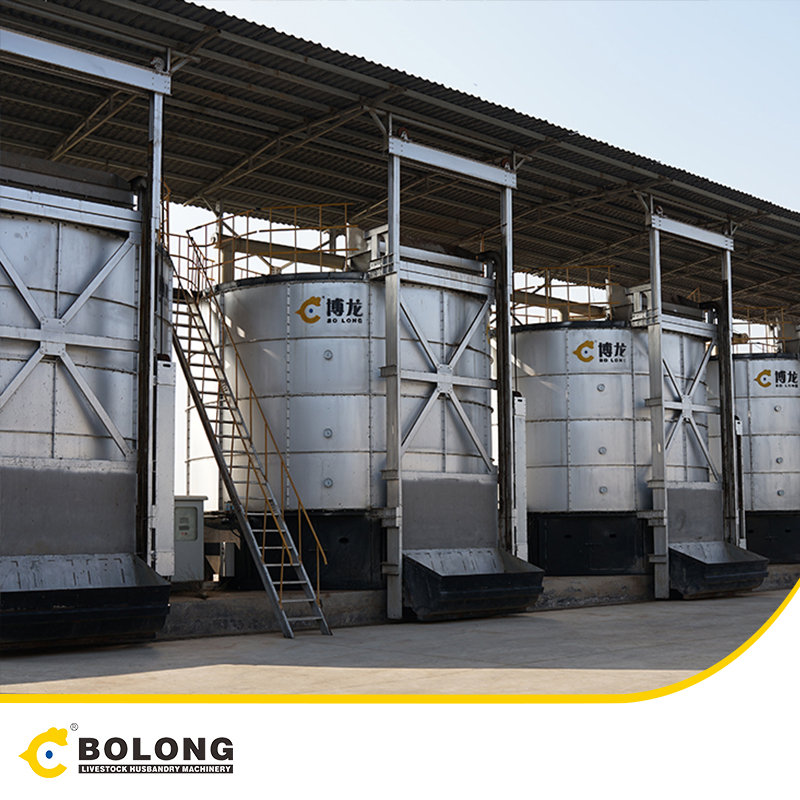
2. Process advantages of the composting machine: precise control and efficient production
One of the highlights of the factory prices commercial composting machine is its ability to precisely control the fermentation process. During the fermentation process, the metabolic activities of microorganisms are highly influenced by environmental conditions. composting machines provide an ideal growth environment for microorganisms by precisely adjusting parameters such as temperature, pressure and gas flow rate.
For example, when advanced technology poultry composting machines are used in the pharmaceutical industry for the production of antibiotics, the safe and reliable industrial composting machine is able to accurately control the rate of nutrient supply in the culture medium to maintain efficient microbial metabolism, thereby increasing the yield of the target product. In addition, the agitation system in the quality assurance poultry composting machine distributes nutrients and dissolved oxygen evenly so that the microorganisms are always in an efficient metabolic state.
In complex multiphase fermentation systems, increased production commercial composting machines allow for precise gas-liquid mixing and hydrodynamic optimization. For example, anaerobic fermentation needs to strictly avoid the entry of oxygen, and the sealing design and inert gas purge function of the variety of sizes poultry composting machine can effectively prevent oxygen contamination, thus ensuring the purity and quality of the target product.
3. Environmental performance of the composting machine: energy saving and waste management
composting machines are particularly good at environmental protection. The traditional fermentation process is usually accompanied by a large amount of waste, but the modern composting machine through the optimization of the design and automation system, can significantly reduce resource waste and environmental pollution.
Firstly, the composting machine has a relatively low energy consumption. Its precise control function makes the energy demand in the fermentation process more reasonable. For example, by adjusting the stirring speed and gas supply flow, the composting machine can reduce energy consumption as much as possible under the premise of meeting the production demand.
Secondly, the variety of sizes poultry composting machine can effectively handle the by-products and waste gases generated during the fermentation process. For example, in ethanol fermentation, carbon dioxide is the main exhaust product. Modern composting machines are equipped with a gas recovery system that allows carbon dioxide to be collected for industrial use, reducing greenhouse gas emissions.
In addition, the design of the variety of sizes poultry composting machine’s containment system effectively prevents the leakage of microorganisms and avoids contamination of the surrounding environment. This is especially important for the production of potentially bio hazardous products (e.g. vaccines, antibodies, etc.).
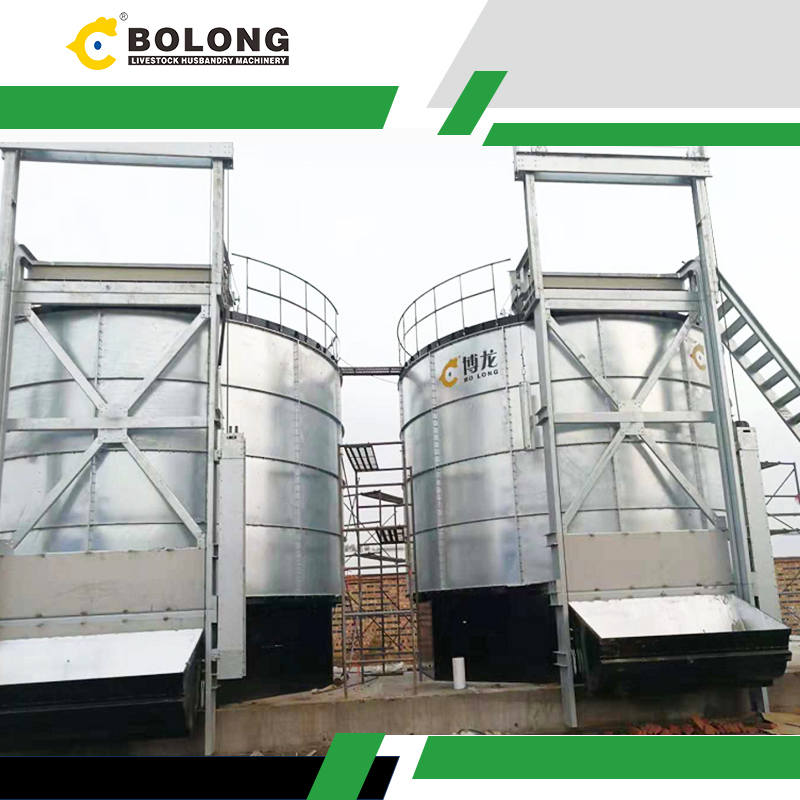
4. Economic benefits of the composting machine: high yield and low cost
The application of variety of sizes poultry composting machines significantly improves the economic efficiency of production. On the one hand, the composting machine’s high efficiency and high yield can significantly reduce the production cost per unit of product. For example, compared with a traditional environmentally sustainable commercial composting machine, the composting machine can complete the fermentation process in a shorter period of time and significantly increase the concentration of the target product.
On the other hand, the degree of automation in composting machines reduces labor costs. In many modern plants, a fermentation system can be monitored and operated remotely by a small number of technicians, resulting in significant savings in labor expenses.
In addition, the durability and high availability of composting machines make for low long-term maintenance costs. Modern composting machines are made of corrosion-resistant materials (e.g. stainless steel or special alloys) and are able to operate for long periods of time without damage. This durability not only extends the life of the equipment, but also reduces the frequency of replacement and maintenance costs.
5. Application advantages of the composting machine: multi-disciplinary applicability
The composting machine shows its unique advantages in many industries. For example:
In the food industry, fermentation tanks are used to produce fermented products such as soy sauce, vinegar and yoghurt. Their precise temperature and pH control capability ensures the flavor and safety of the food.
In the bio pharmaceutical sector, environmentally sustainable commercial composting machines are an important tool for the production of antibiotics, vaccines and monoclonal antibodies, where their aseptic environment and efficient production capacity meet strict pharmaceutical quality standards.
In the energy sector, composting machines are widely used in the production of biofuels, providing important support for the development of renewable energy sources.
This wide applicability makes composting machines the core equipment for industrial production in many fields, further enhancing their market value and economic significance.
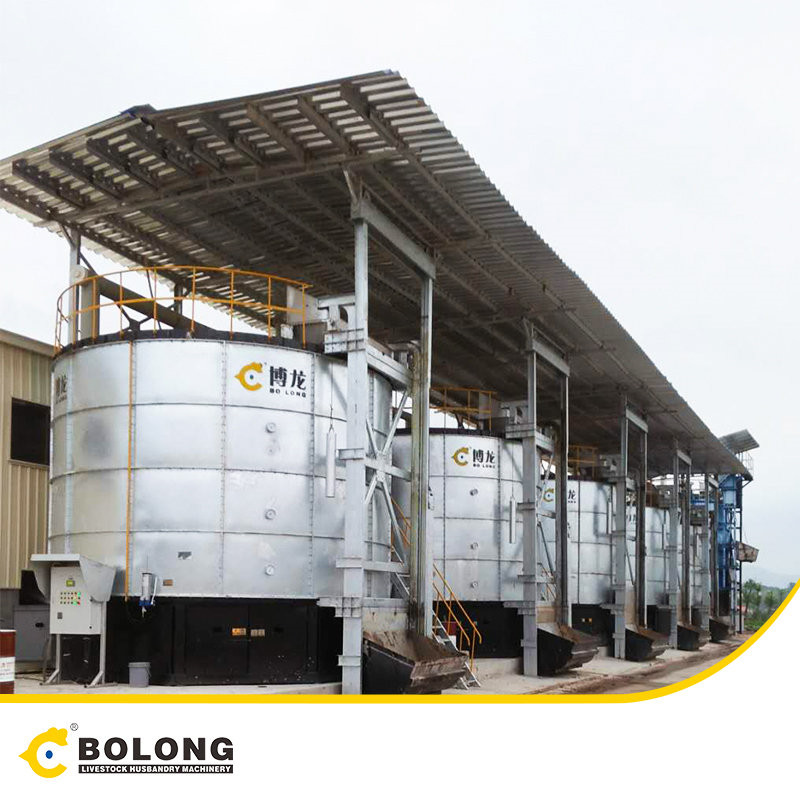
Conclusion
In summary, the composting machine has become an indispensable and important equipment in modern industrial production with its many advantages such as automated operation, efficient production, environmental performance and economic benefits. It not only promotes the upgrading of the traditional fermentation process, but also provides a strong boost for the development of food, biomedicine and new energy and other fields. With the continuous progress of technology, I believe that the composting machine will be more widely used in the future, and its advantages will be further highlighted, making greater contributions to the sustainable development of human society.
-
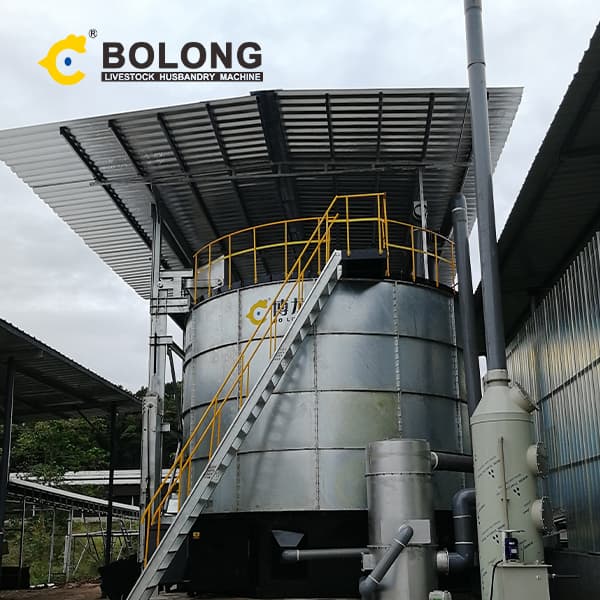 Long-lasting chicken poop compost system for sale25-04-10Composting Chicken Poop (Manure) - Acre Life Chicken Poop Compost to Plant Ready Fertilizer in Just 6 Days 2025年2月15日 · Transform your garden by converting chicken manure into nutrient-rich fe...
Long-lasting chicken poop compost system for sale25-04-10Composting Chicken Poop (Manure) - Acre Life Chicken Poop Compost to Plant Ready Fertilizer in Just 6 Days 2025年2月15日 · Transform your garden by converting chicken manure into nutrient-rich fe... -
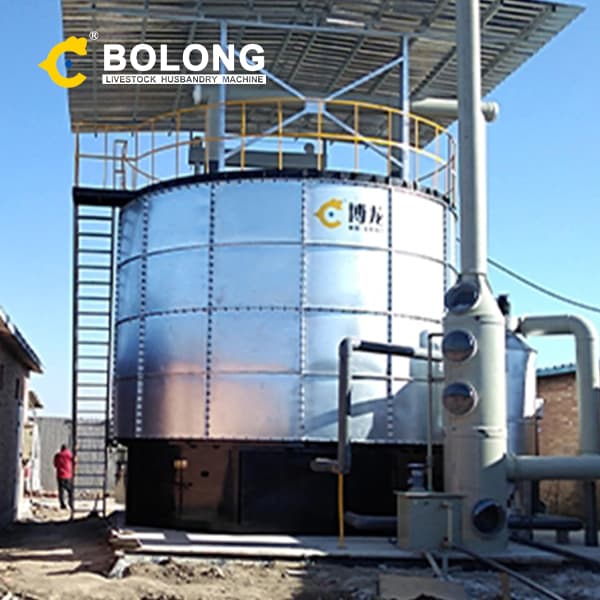 High-rated aerobic compost equipment25-04-10High-capacity aerobic compost equipment- Compost Fertilizer Aerobic Compost Machine High Temperature Fermentation tank Name:Organic Fertilizer Fermentation Tank;Raw Material:Stainless Steel;Functi...
High-rated aerobic compost equipment25-04-10High-capacity aerobic compost equipment- Compost Fertilizer Aerobic Compost Machine High Temperature Fermentation tank Name:Organic Fertilizer Fermentation Tank;Raw Material:Stainless Steel;Functi... -
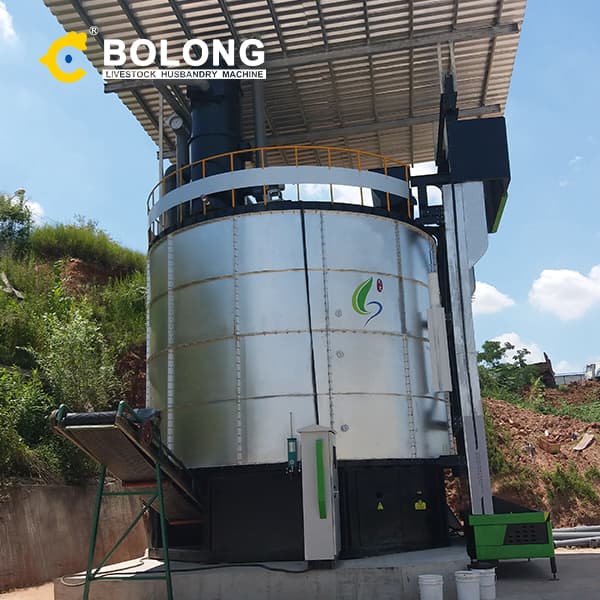 Low energy consumption aerobic composting machine price25-04-10Bio-Mate Composting Machine (BM 5000S) - Bio-Mate Aerobic Composting of Organic Solid Waste Compost Making Machine Aerobic composting of organic solid waste compost making machine chain plate com...
Low energy consumption aerobic composting machine price25-04-10Bio-Mate Composting Machine (BM 5000S) - Bio-Mate Aerobic Composting of Organic Solid Waste Compost Making Machine Aerobic composting of organic solid waste compost making machine chain plate com... -
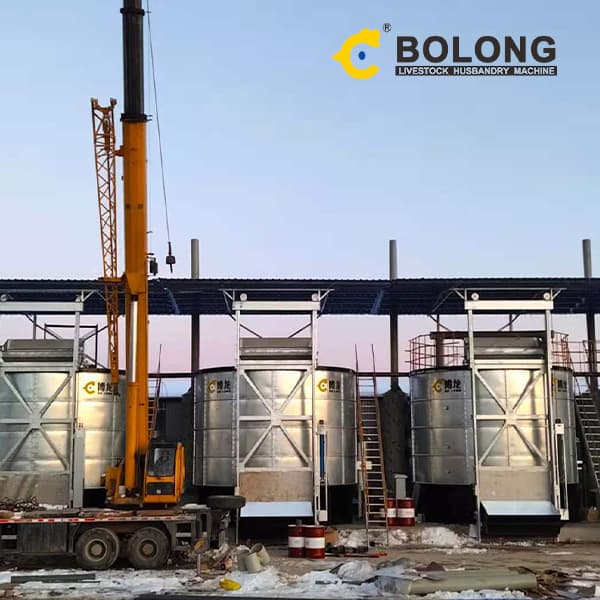 Innovative chicken poop compost system for sale25-04-10chicken poop compost tank with fast decomposition professional poultry manure fermentation tank- Compost Fertilizer The fresh chicken manure contains about 0.5% nitrogen, 0.5% phosphorus, 1.2% pota...
Innovative chicken poop compost system for sale25-04-10chicken poop compost tank with fast decomposition professional poultry manure fermentation tank- Compost Fertilizer The fresh chicken manure contains about 0.5% nitrogen, 0.5% phosphorus, 1.2% pota...